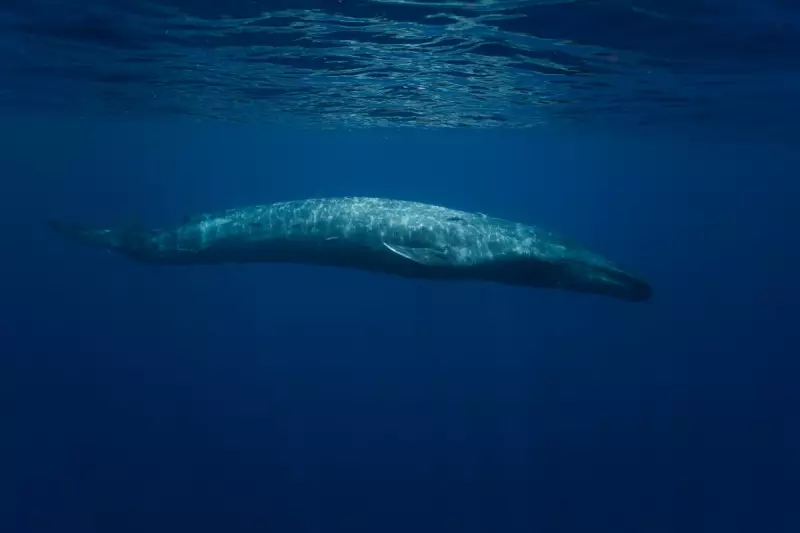
In a startling discovery, marine biologists have detected a significant decline in the haunting songs of blue whales, the largest animals on Earth. A new study reveals that these ocean giants are becoming increasingly silent, sparking urgent questions about their wellbeing and the health of marine ecosystems.
The Vanishing Voices of the Deep
For decades, the deep, resonant calls of blue whales have echoed through the world's oceans, serving as both communication tools and scientific marvels. However, recent data shows these vocalisations have decreased dramatically, with some populations showing reductions of up to 30% over the past generation.
Possible Causes Behind the Silence
Scientists are investigating several potential explanations for this worrying trend:
- Ocean noise pollution: Increased shipping traffic and industrial activity may be drowning out whale communication
- Climate change impacts: Shifting prey distribution could be altering whale behaviour patterns
- Population recovery: Paradoxically, the decline in calls might reflect successful conservation efforts
Why Whale Songs Matter
Blue whale vocalisations serve crucial biological functions:
- Long-distance communication across vast ocean territories
- Mating calls that help sustain vulnerable populations
- Navigation aids in the featureless deep ocean environment
The disappearance of these songs could indicate serious ecological disruptions with far-reaching consequences for marine biodiversity.
Research Methodology
The international team used:
- Decades of hydrophone recordings from monitoring stations worldwide
- Advanced acoustic analysis techniques
- Population modelling to correlate vocalisation trends with whale numbers
What This Means for Conservation
This research highlights the need for:
1. Enhanced marine protected areas with noise reduction measures
2. Stricter regulations on ocean noise pollution
3. Continued monitoring of whale populations and behaviours
As lead researcher Dr. Samantha Wilkins notes: 'The blue whale's song is one of nature's most magnificent phenomena. Its disappearance would represent an unimaginable loss - not just scientifically, but culturally and ecologically.'





